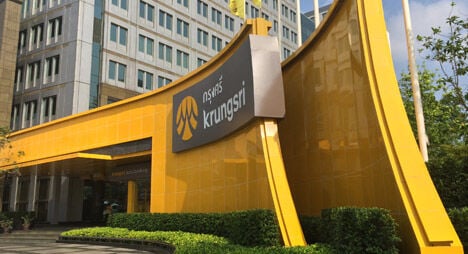Bank of Ayudhya predicts pivotal role of politics in Thailand’s economy

In light of the current political climate, a division of the renowned Bank of Ayudhya suggests that the upcoming political decisions could significantly steer Thailand’s economy this year. This report highlights the pivotal role of swift administrative formation in stabilising the economy and buoying investor confidence. However, the prospect of an emerging minority government raises considerable concerns over its potential to erode the aforesaid confidence.
Rung Sa-nguan rueang, a seasoned director of planning at the bank’s prestigious Global Markets Group, presents a cautiously optimistic outlook, projecting Thailand’s economy to surge by 3.3% this year. She voiced the predominant possibility of impactful political factors, capable of steering the economy on both beneficial and detrimental courses. Her analysis points towards possible detrimental effects on economic stability and investor confidence if there are delays in the induction of the new administration or if a minority government comes into power. She articulated the widespread unease that these scenarios have sparked among stakeholders in the financial and business sectors this week.
Going against the tide, Pita Limjaroenrat, the stalwart leader of the Move Forward Party, and a prime ministerial hopeful, reiterated his unwavering determination to continue his quest for the role of prime minister. His resilience stands strong despite the setbacks he faced in a parliamentary vote that was marked by significant abstentions and non-attendance.
Discussing the matter of interest rates, Rung forecasts one more increase in the policy rate by the Bank of Thailand (BOT) this year. This she believes would nudge it to 2.25%, ensuring economic stability and providing a substantial cushion for monetary policy manoeuvres to mitigate any economic instabilities.
This projected rate hike, she envisages, would empower the Central Bank to counter the threat of creeping core inflation which might be kindled by populist economic policies. This pragmatic approach is being adopted despite core inflation currently registering within an acceptable range under the existing fiscal policy framework.
Latest Thailand News
Follow The Thaiger on Google News:
























